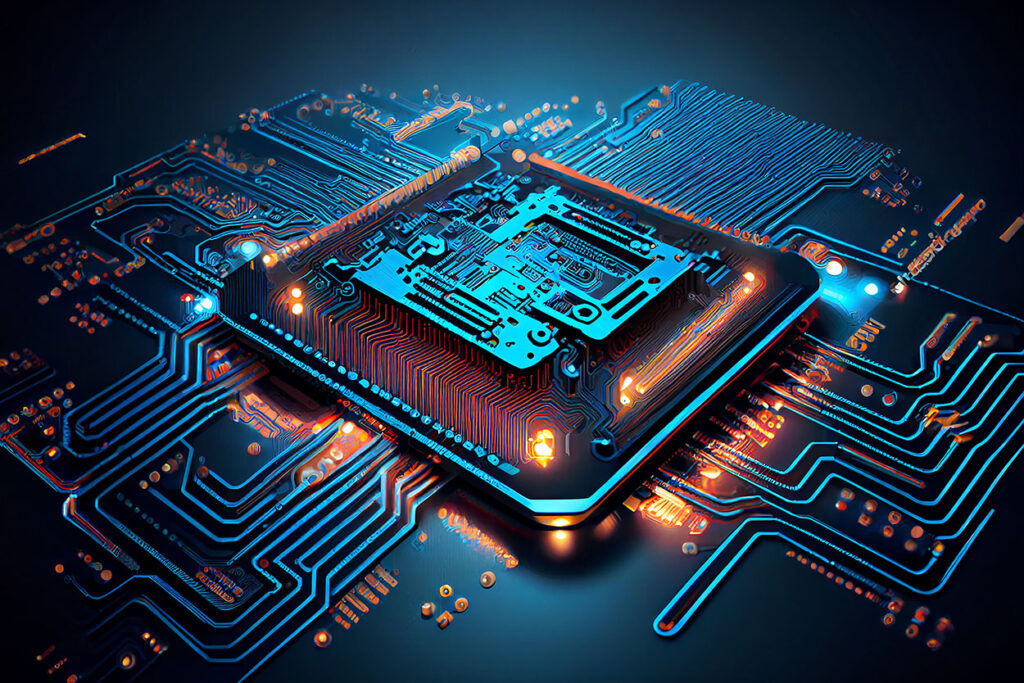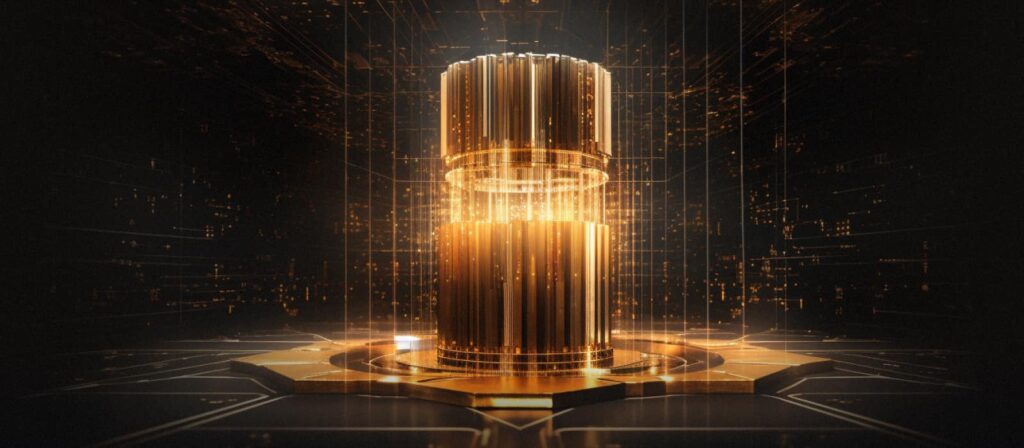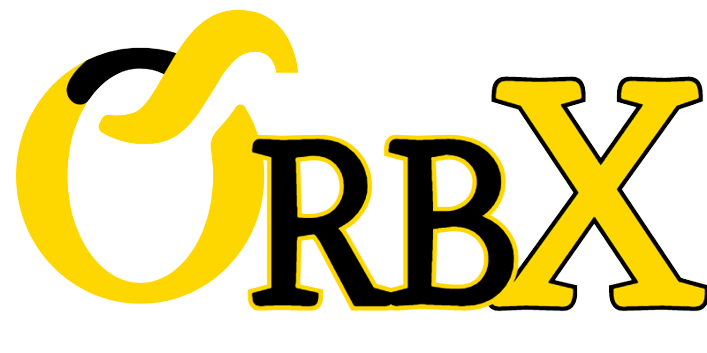Unlocking Tomorrow’s Potential: Navigating the Quantum Computing Frontier

Quantum computing, an interdisciplinary field merging computer science, physics, and mathematics, harnesses principles of quantum mechanics to solve complex problems at accelerated speeds compared to classical computers. It encompasses both hardware development and application advancement, offering capabilities beyond classical computing by leveraging quantum effects like superposition and interference. Quantum computers excel in tasks such as machine learning, optimization, and simulating physical systems, offering potential solutions to problems currently beyond the reach of even the most powerful classical supercomputers.
Quantum advantage represents the milestone where a quantum system outperforms classical computers in executing tasks beyond classical simulation within a reasonable timeframe or cost.

Quantum mechanics, a branch of physics, delves into the behavior of particles at the microscopic level, governed by distinct equations from classical physics. Quantum computers exploit these behaviors to execute computations in novel ways.
Quantum bits, or qubits, are the fundamental units of quantum information, represented by quantum particles. Unlike classical bits, which hold values of either one or zero, qubits can exist in a superposition of states, enhancing computational power significantly.
Superposition allows combining multiple quantum states to yield another valid quantum state, enabling quantum computers to process myriad operations simultaneously, a stark contrast to classical computing’s sequential nature.

Entanglement occurs when quantum systems become intricately linked, providing immediate knowledge about one system when the state of another is known. This phenomenon enables quantum computers to tackle complex problems more efficiently.
Decoherence refers to the loss of quantum state in a qubit due to environmental factors, posing a significant engineering challenge in quantum computing. Strategies to mitigate decoherence include shielding qubits from external influences.

Quantum computers comprise hardware and software components analogous to classical computers. The hardware includes the quantum data plane housing physical qubits, the control and measurement plane managing qubit operations, and the control processor plane orchestrating quantum algorithms. Quantum software implements unique quantum algorithms using quantum circuits, enabling developers to code quantum algorithms using various development tools and libraries.
Various quantum technologies are under exploration, including gate-based ion trap processors, gate-based superconducting processors, photonic processors, neutral atom processors, Rydberg atom processors, and quantum annealers, each with distinct advantages and challenges.
Quantum computing holds promise across industries, with applications in machine learning, optimization, and simulation revolutionizing sectors like finance, manufacturing, and pharmaceuticals.

To explore quantum computing, one can start with quantum hardware emulators or utilize cloud quantum computing services, offering access to true quantum computers without the need for expensive hardware investments.



